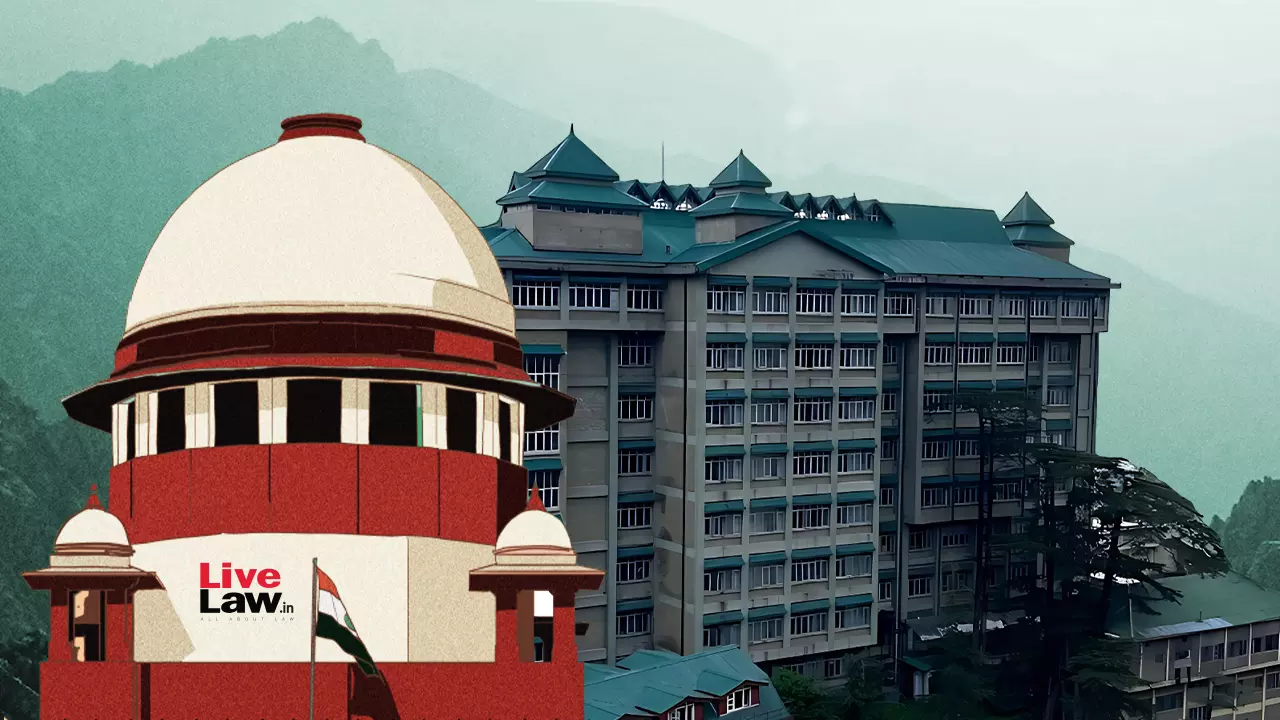 |
|
The Supreme Court of India has reiterated the importance of collective decision-making in the process of judicial appointments, emphasizing that the Chief Justice of a High Court cannot individually reconsider a recommendation for elevation. This ruling stems from a writ petition filed by two senior district judges of Himachal Pradesh who were aggrieved by the High Court Collegium ignoring their elevation. The petitioners had been recommended by the then Collegium on December 6, 2022, but their consideration was deferred by the Supreme Court Collegium on July 12, 2023. Subsequently, on January 4, 2024, the Supreme Court Collegium remitted the proposal for reconsideration to the Chief Justice of the Himachal Pradesh High Court.
However, the High Court Collegium, instead of reconsidering the petitioners' elevation, recommended two other judges. The Registrar General of the High Court submitted a report to the Supreme Court, informing them that on March 6, 2024, the Chief Justice of the High Court had individually addressed a letter to the Supreme Court Collegium regarding the suitability of the petitioners. This was presented as compliance with the Supreme Court Collegium's resolution dated January 4, 2024. In its judgment, authored by Justice Hrishikesh Roy, the Supreme Court addressed the preliminary objection to the maintainability of the petition. The Court referred to the precedents established in Mahesh Chandra Gupta v. Union of India (1998) and Anna Mathews v. Supreme Court of India 2023, highlighting the distinction between 'eligibility' and 'suitability' of a candidate for elevation.
The Court held that 'lack of effective consultation' and 'eligibility' fall within the scope of judicial review, while 'suitability' is non-justiciable. Consequently, the 'content of consultation' falls beyond the scope of judicial review. However, the absence of consultation among Collegium members remains subject to limited judicial review. The Supreme Court further referred to the judgments in the Second Judges Case and the Third Judges Case, which institutionalized the collegium system, ending the primacy of the Chief Justice. The collegium system, introduced through the Second Judges Case, mandated consultation with senior colleagues, making it binding on the Chief Justice. The Court dismissed the argument presented by the High Court that the Supreme Court's resolution requesting reconsideration allowed the Chief Justice to make an individual decision.
The Court asserted that the Supreme Court Collegium does not operate as an appeal over the High Court Collegium but rather as a participatory process involving all constitutional functionaries. The Supreme Court Collegium's communications are naturally addressed to the Chief Justice of the concerned High Court, and the Chief Justice cannot act solely based on such letters without the participation of other Collegium members. The Court concluded that the procedure adopted for reconsideration of the petitioners' case was inconsistent with the law established in the Second Judges and Third Judges cases, lacking collective consultation and deliberations by the High Court Collegium. The Chief Justice's individual decision conveyed in his letter dated March 6, 2024, was deemed vitiated both procedurally and substantially.
The Supreme Court ultimately ruled that the writ petition was maintainable as it questioned the lack of effective consultation and that the Chief Justice of a High Court cannot individually reconsider a recommendation, requiring the High Court Collegium to act collectively. The Court directed the High Court Collegium to reconsider the names of Mr. Chirag Bhanu Singh and Mr. Arvind Malhotra for elevation as Judges of the High Court, adhering to the Supreme Court Collegium decision dated January 4, 2024, and the Law Minister's letter dated January 16, 2024. This judgment reaffirms the principle of collective decision-making within the Collegium system, ensuring transparency and accountability in judicial appointments.
